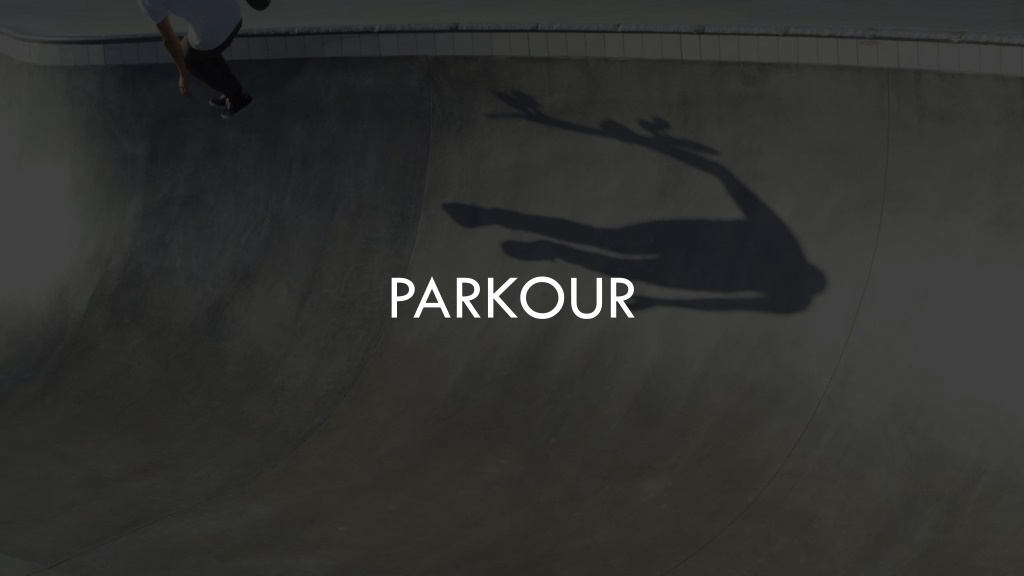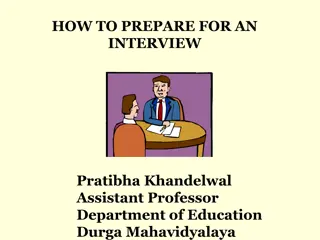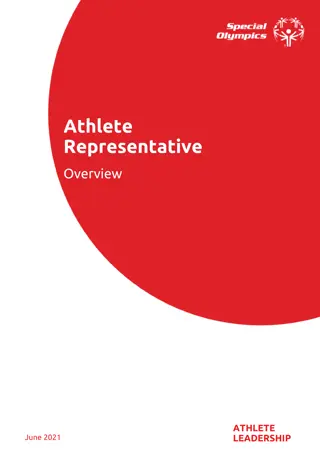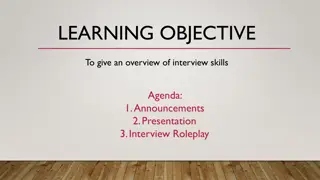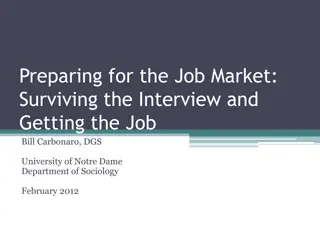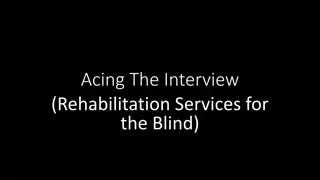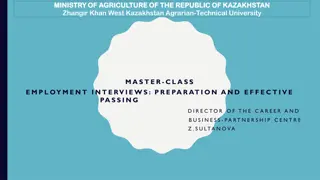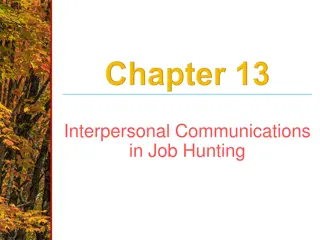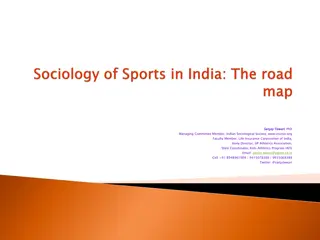Interview with Parkour Athlete Miguel: Insights into the Sport and Future Plans
Miguel, a young athlete, shares insights into the world of Parkour - a sport that challenges athletes to use their bodies efficiently to move across various terrains without equipment. He discusses the physical and mental challenges, the recognition of Parkour as a sport in the UK, controversies surrounding the sport, his upcoming competition in Santorini, and his future aspirations. Miguel's perspective sheds light on the dynamic nature of Parkour and its impact on athletes.
Download Presentation

Please find below an Image/Link to download the presentation.
The content on the website is provided AS IS for your information and personal use only. It may not be sold, licensed, or shared on other websites without obtaining consent from the author. Download presentation by click this link. If you encounter any issues during the download, it is possible that the publisher has removed the file from their server.
E N D
Presentation Transcript
You will hear an interview with a young athlete called Miguel. 20 What are Parkour athletes expected to do? A use their body as well as equipment to move across an area. B use equipment efficiently to get from one point to another. C use only their body to move across a challenging area. 21 What do most athletes find hard to do, according to Miguel? A use every part of their body B control their fear C use equipment to jump from great heights 22 Miguel says that, in the UK, Parkour A has already been recognised as a sport. B has already been part of school sports. C is a well-paid sport to be involved in. 23 What does Miguel say about the video? A It was positive for the sport. B It had a negative effect. C It was prohibited. 24 What does Miguel say about the competition in Santorini? A People can only watch it online. B It will be quite easy for him to do well in it. C He could be offered a job because of it. 25 In the future Miguel wants to A study sports at university. B deal with Parkour as a job. C stop school to practise Parkour.
Audio Player 06:06 Audioscripts Woman: Today, we have Miguel with us who is a young athlete in a very unusual sport Parkour. Miguel, tell us a bit about this interesting sport. What is the aim of it? Miguel: Well, it s a very new sport as it actually started in the 1980s. It was started in France and is also known as Freerunning. (20) The athletes are aimed to move in whichever way they can over and through any area without using any equipment; only the ability of their body and in the fastest and most efficient way. Mostly it is running and jumping which obviously relies on strength and fitness. Woman: What is the main difficulty in this sport? Miguel: Well, I d say self-control and to rely only on yourself. (21) There is no room for being scared. The movements required work all parts of your body and (21) the mind needs to control any worries about height or difficulties the athlete faces. Woman: What is true about Parkour in the UK? Miguel: Well, (22) the UK has become the first country in the world to recognise it as a sport. So now it can get financial support from the government. This also means that it could soon be practised in schools as it is an exciting and interesting activity which can develop useful skills in schoolchildren. I think my school will be one of the first to include this kind of sport in the schedule. Woman: What do you think about a recent video about Parkour? Not everybody seems to like this sport. Miguel: Yes, mainly because some people do it in cities without the help of safety ropes so there is a danger to athletes as well as people nearby. (23) This was not helped by the video which came out with a Parkour athlete running across Cambridge. Many people didn t like him as he was filmed on ancient buildings, which they said was against the law and should be forbidden. Woman: Well, I hear you are going to take part in the Parkour competition on the Greek island of Santorini next month. Is it true? Miguel: Yes. It will be my first time. It s an amazing location and a real challenge. The competition is very popular with athletes and can be watched on social media and on TV, (24) which is great for the athletes as they become famous and get offered career opportunities. Woman: What are your plans for the future? Do you want to become a champion at Parkour or is it just a hobby? Miguel: I would like to finish my school first and (25) maybe study sports at university. Regarding parkour I really enjoy it but I don t think I would like to be a professional Parkour trainer. Woman: Thanks Miguel. I m sure many young people will be inspired to start Parkour after this.
